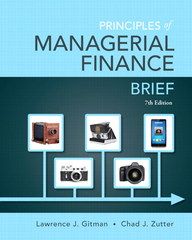Answered step by step
Verified Expert Solution
Question
1 Approved Answer
Question 1: How do you calculate with this data set? (please show work) A B C D E F G H 1 J S&P500 index
Question 1: How do you calculate  with this data set? (please show work)
with this data set? (please show work)

Step by Step Solution
There are 3 Steps involved in it
Step: 1

Get Instant Access to Expert-Tailored Solutions
See step-by-step solutions with expert insights and AI powered tools for academic success
Step: 2

Step: 3

Ace Your Homework with AI
Get the answers you need in no time with our AI-driven, step-by-step assistance
Get Started


